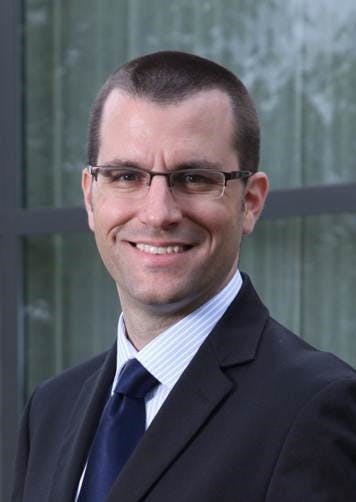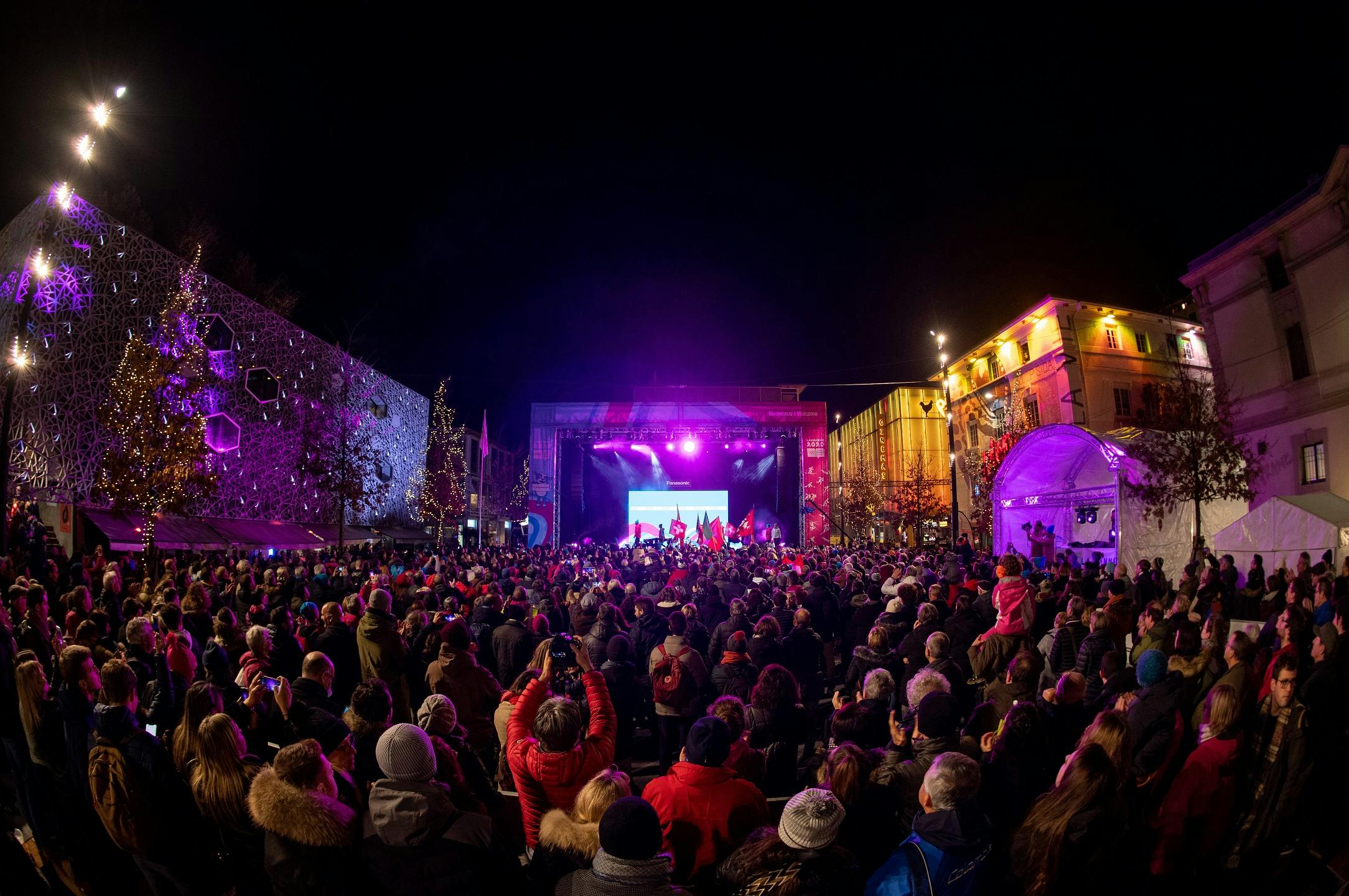
The Olympic rings are among the most recognised symbols on the planet, promoting peace, fair-play, friendship, respect and excellence everywhere they are seen. Their power is still today much stronger than any sport brand or star.
The value of hosting the Olympic Games has, however, been debated by some over the last couple of decades, mostly in Western Europe and North America. In these regions especially, the relevance of the Olympic Games has been the subject of discussion, not so much in terms of their symbolism, but rather in terms of value for money. Several failed referendums have seemed to indicate that voters think that the disadvantages of hosting an Olympic Games surpass the benefits.
Addressing the issue, the IOC has launched various initiatives aiming at improving the mechanisms of hosting the Games, and therefore helping to create a more positive perception out there.
Since the beginning of the year, I have personally been happy to be close to two experiences that should encourage the IOC in their work.
Here’s the first one. My colleagues at BCW released, just a couple of weeks ago, the eighth edition of BCW’s Ranking of Sport Cities. This ranking focuses on the viewpoints of International Federations and sports media but is also combined, importantly, with an analysis of the association between sport and a city in the digital environment.
Here’s the good news for the Olympics: out of the first six cities ranked, five have already hosted or will host the Olympic Games or the Youth Olympic Games. Of course, most of these cities are also active in organising other major international sporting events, but this would tend to prove that the Olympic rings are still very much the best platform to convey the positive values of sport.
If we zoom in and look closer at these five, it is especially noteworthy that these are the cities of London, Tokyo, Paris, Los Angeles and…Lausanne. Four international megalopolises and…a Swiss city of just 200,000 people. Why is that? Most probably because Lausanne is the “Olympic Capital” – home of the IOC and 60+ international federations and organisations. But perhaps it is not only this, which leads me to my second point.
Recently, I was honoured to be the head of communications for the Organising Committee of the 2020 Winter Youth Olympic Games that just took place precisely in Lausanne, my hometown, and its surrounding region last January.
Having worked on the project for the last 5 years, I could not have been a closer witness to this idea that some people do not see the value of hosting an Olympic Games. As a matter of fact, Switzerland voted ‘no’ twice to a project for the Winter Olympic Games in the course of my work with Lausanne 2020: in St. Moritz/Graubünden in 2017 and in Sion/Valais, in 2018.
But this didn’t distract us: yes, we were ‘only’ working on a Youth Olympic Games, but we also knew what we had in our hands – a smart, sustainable, young, and innovative Olympic event, which had everything it needed to appeal to the even the most doubtful observers.
The result? An overwhelmingly popular success, with record attendance numbers. During the Games, 640,000 local people gathered to experience the Olympic spirit first-hand – a big number in Switzerland. Even International Federations were stunned to see their youth events taking place in sold-out venues, with, for example, U16 women’s hockey playing in front of 8,000 people in Lausanne’s brand-new ice-skating arena.

Swiss people (families, children, grandparents) truly enjoyed the Youth Olympic Games. More than that, these Games, in many ways, reconnected, or should I say reminded people about some of the fundamentals of the Olympic Games: the way they foster new friendships, promote respect, and showcase the best in people.
In both these examples, the rings helped a small city punch way above its weight. Of course, Lausanne is the “Olympic Capital” and has a special resonance when it comes to international sport. But the truth is, even this special status did not prepare us for such successes.
As a Lausanne native, and someone that has grown up in a country that has proven to be quite sceptical in the past, this makes me happy and quite proud. But more importantly, it also makes me think that if this can happen in my hometown, it can happen in anybody’s.